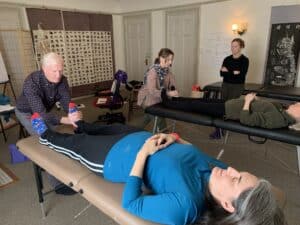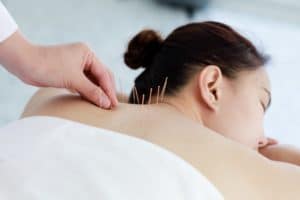The thyroid gland, typically located in the lower front of the neck, is a critical part of the body’s endocrine system. This gland produces thyroid hormones and secretes them into the blood, which transports the hormones to tissues throughout the body. Thyroid hormones help the body stay warm and use energy efficiently. They also maintain the health of the brain, heart, muscles, and other essential organs. However, if the gland produces too much thyroid hormone, this can lead to a condition known as hyperthyroidism. Hyperthyroidism can stress the body and cause symptoms such as irritability, racing heart, hand tremors, insomnia, and other concerning issues. Although Western medicine often treats hyperthyroidism through prescription medications or even surgery, acupuncture can offer a more natural and holistic approach to relieving unpleasant symptoms.
Underlying Causes of Hyperthyroidism
According to the American Thyroid Association, the most common cause of hyperthyroidism is an overactive thyroid gland that produces too much thyroid hormone. This condition, also known as Graves’ disease, is an autoimmune disease that is far more common in women than in men. Graves’ disease tends to run in families. Other causes of hyperthyroidism include the presence of nodules or lumps in the thyroid gland and thyroiditis. Factors such as lifestyle and diet also play a role in triggering hyperthyroidism, as the standard American diet (SAD), nutritional deficiencies, and lack of exercise can lead to major imbalances and disruptions throughout the body.
Western Approaches to Treating Hyperthyroidism
Western doctors typically turn to antithyroid drugs to block the thyroid gland’s ability to produce the hormone. Prescription medications like methimazole may control the overactive thyroid for a while, but they often carry unwanted side effects, such as skin rashes, hives, fever, or joint pain. In some cases, methimazole may lead to a decrease in the body’s white blood cell count, lowering your resistance to infection. Some Western practitioners may recommend surgery to remove all or most of the thyroid gland. However, as with any surgical procedure, several risks accompany this decision.
Acupuncture Offers Relief for Those With Hyperthyroidism
Acupuncture aims to rebalance bodily systems, encouraging the return to homeostasis. While more comprehensive and robust clinical studies are needed to understand the direct effects of acupuncture on hyperthyroidism, existing research shows great promise. One study found that acupuncture combined with herbal medicine relieved clinical symptoms (emaciation, irritability, polyphagia, and thyroid enlargement) of hyperthyroidism. Participants experienced higher total effective rates than those who received standard drug therapy. Another study combined acupuncture with standard pharmaceutical treatment, wherein acupuncture treatments reduced major symptoms of hyperthyroidism more effectively than standard treatment alone. Those looking for a more natural alternative and an adjunct to Western medicine may consider acupuncture.
Inner Works Acupuncture is located in NW Portland and offers Five Element acupuncture, Chinese herbal medicine, and nutritional therapy for many chronic disorders, including hyperthyroidism. Call us today at (503) 227-2127 to schedule an appointment.




